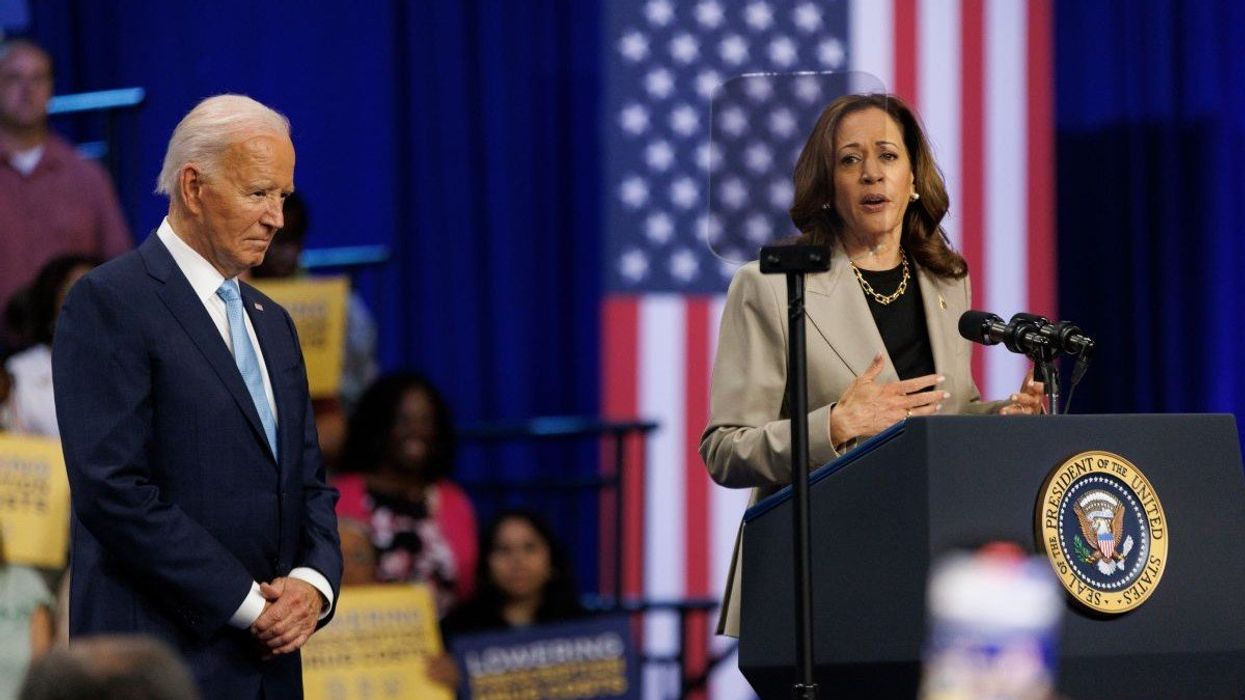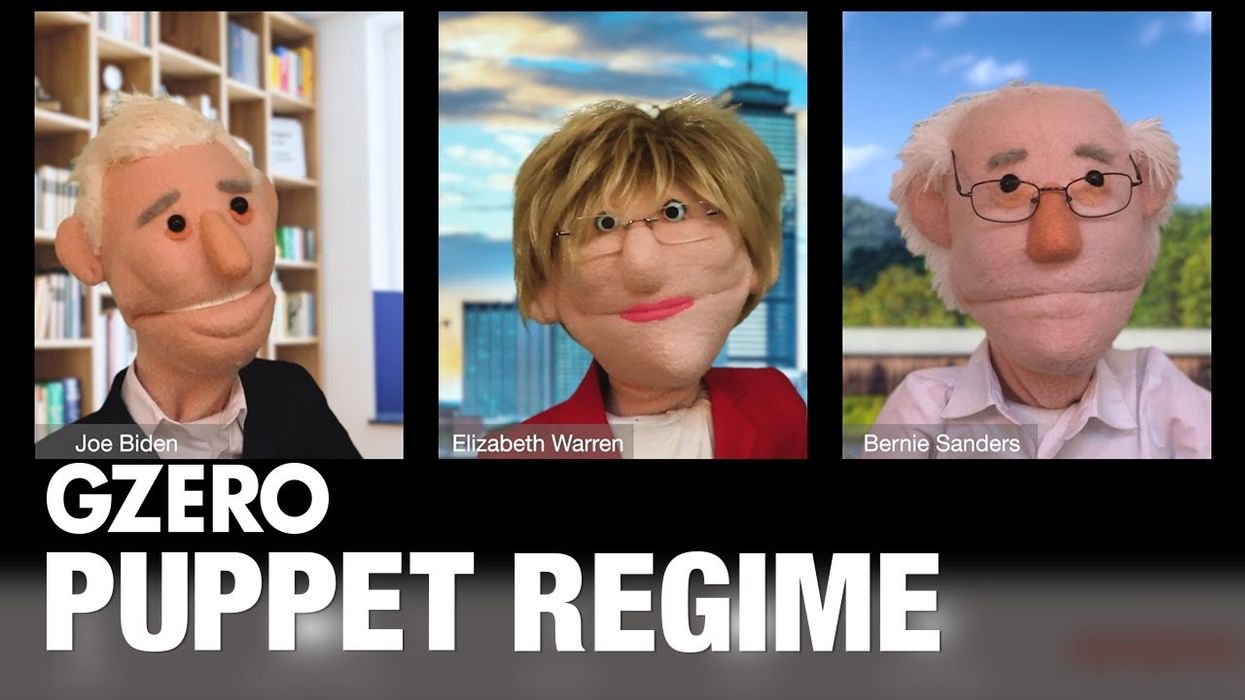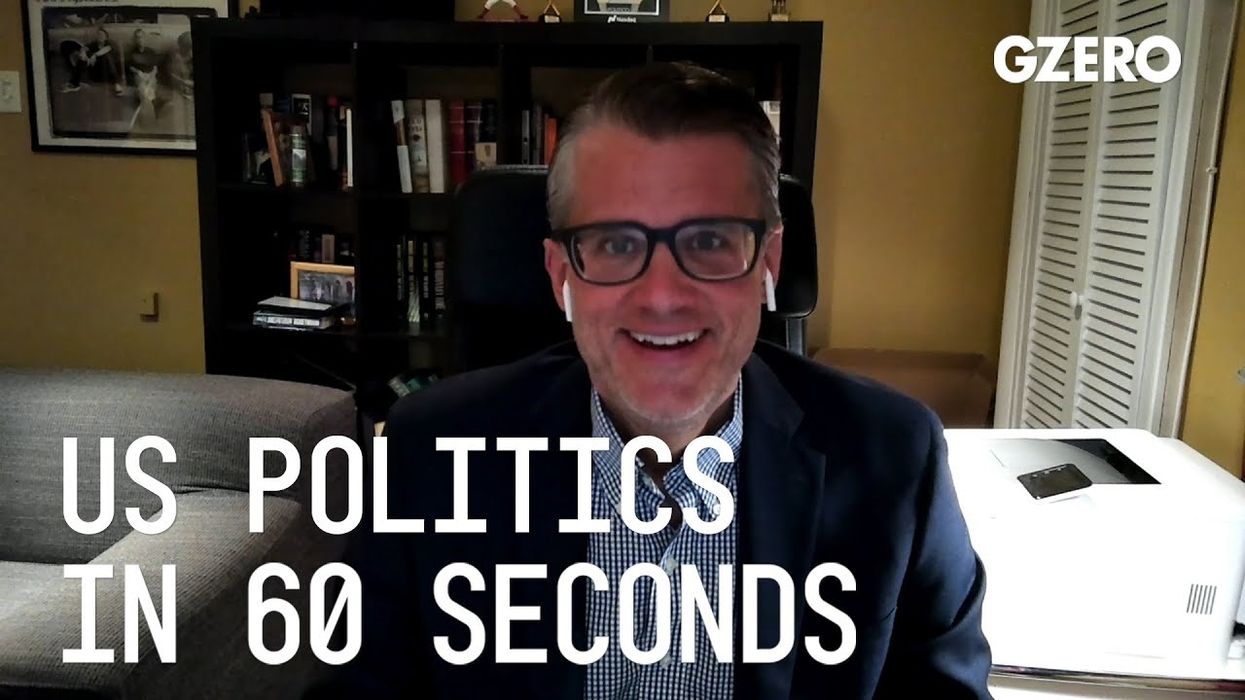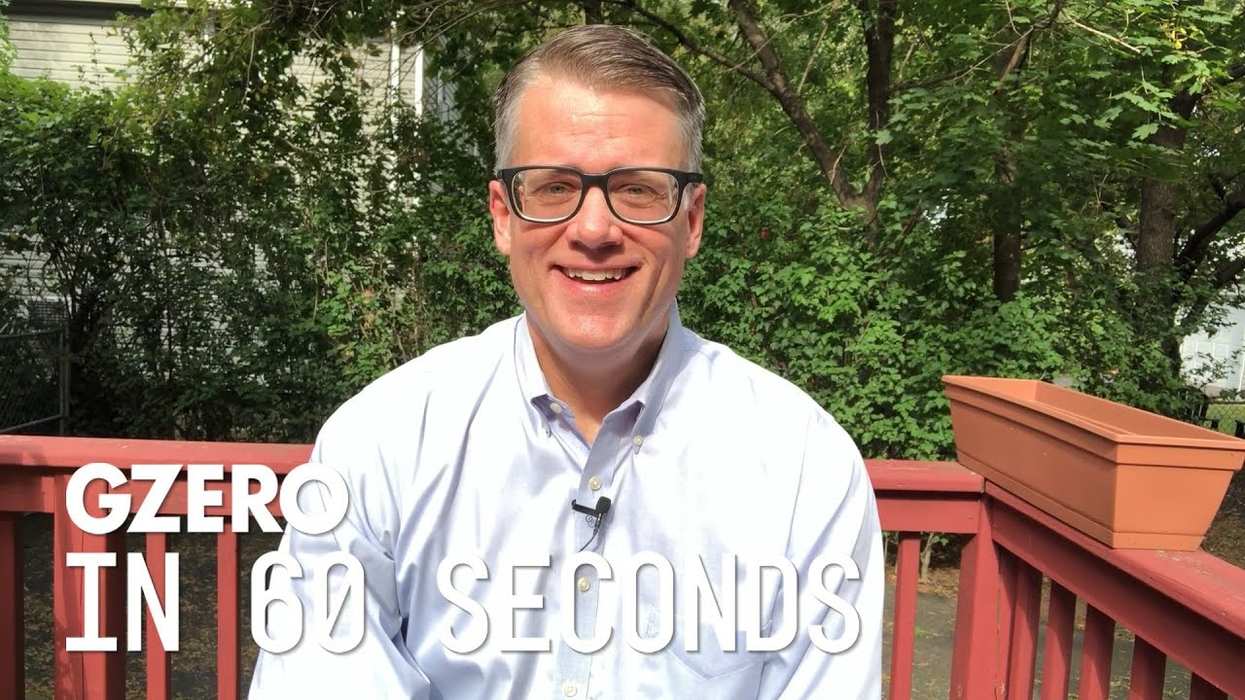Analysis
Democrats still don’t have a plan – or a leader – for the future
Today’s Democratic Party is devoid of leadership and strategy, with no clear plan for how to take on the president or win future elections. As a result, the Dems risk further fragmentation as they desperately try to regain their footing ahead of the 2026 midterms and beyond.
May 05, 2025





